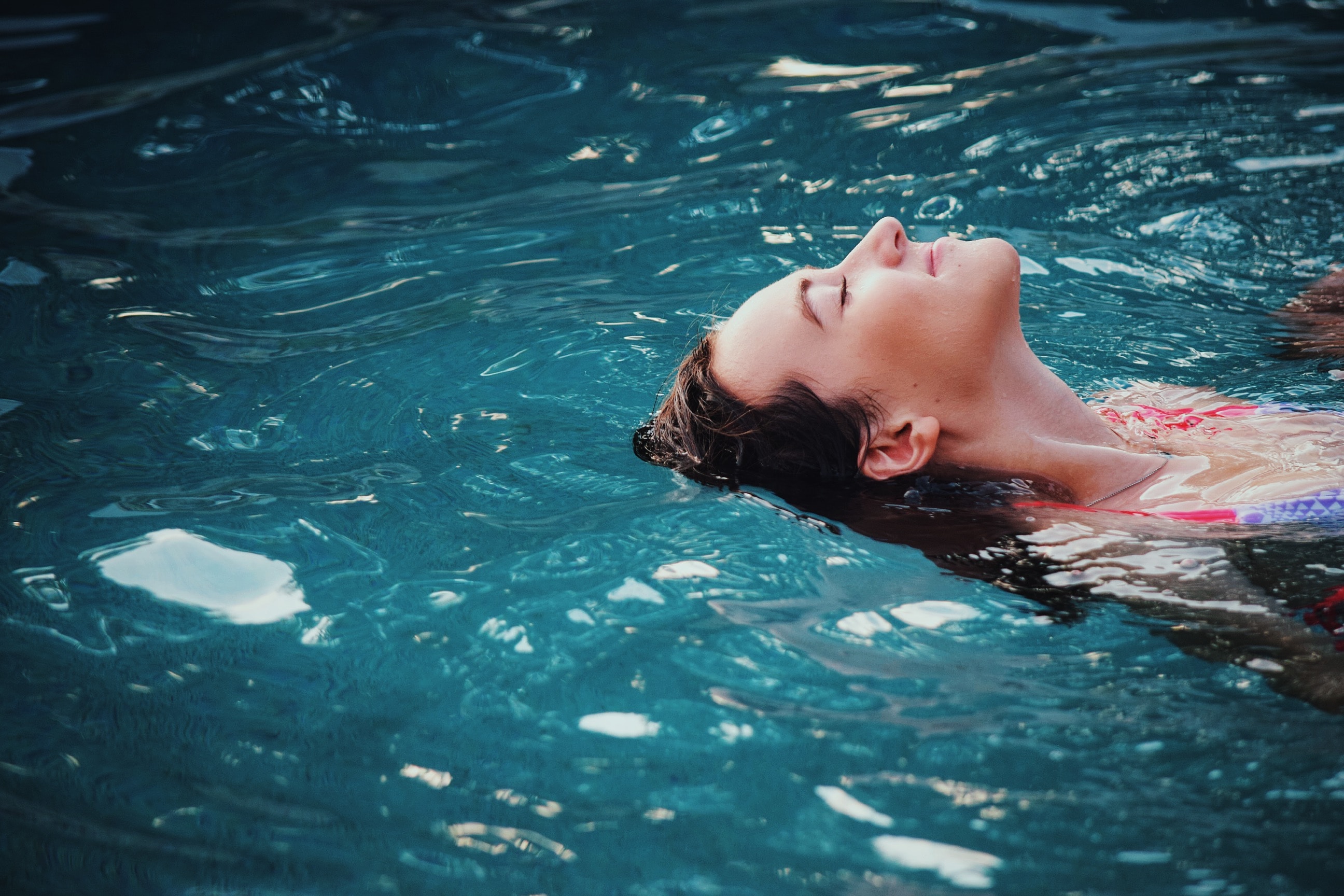Would you like to have more energy and more time to do the things you love? Biohacking may be a tool that can help you reach your health and wellness goals. Biohacking involves you taking some control over your own biology. Some people have experienced a few physical and mental improvements, while others say they’ve even improved brain function.
Now biohacking can range from the doable end of making diet and lifestyle changes to the extreme end of geoengineering your body. Let’s keep things simple. My focus would be on natural and easy steps you can take to a better you. The list of tools here is in no particular order of importance. They all are equally important to us living out our best lives.
Get More Sleep
Sleep isn’t the most exciting thing to talk about. But sleep is crucial to living out a healthy and full life. Without proper sleep, our bodies would break down, and this can lead to serious health problems. If your anything like me, you cherish the nights when you get good sleep. However, things don’t have to be this way — you can get amazing sleep every night by adopting a healthy sleep routine. You can try winding down at the same time each day, using blackout curtains, and creating a phone-free zone when you are in your bedroom. Our bedrooms ought to be reserved for intimacy with the one we love and sleep. That’s it. Certain apps can help you get better sleep. I like F.lux and Iris Tech. These tools get rid of all the stimulating blue light on your cell phone and computer screen. Blue light exposure at night decreases melatonin. If you don’t produce enough melatonin, you may not sleep well. Other helpful tools that track the quality of your sleep include Oura Ring and Sleep Cycle.
Try Intermittent Fasting
Intermittent fasting involves not eating for extended periods of time. Intermittent fasting decreases inflammation, helps with weight loss, and improves brain health. Several types of intermittent fasting exist, a simple way to get started is to forgo breakfast and eat between a specified window — such as from noon to 8 P.M. You can try this for one day out of the week and work your way up from there. You ought to start slow and follow up with your doctor at every step. However, intermittent fasting is unsuitable for those with eating disorders and serious health issues.
Move Your Body
Here’s the thing, you don’t have to become a fitness guru overnight to start movin’. If you’re in the office or a stay-at-home parent, any movement is better than no movement at all. I’m sure you’ve heard of it, sitting has become an epidemic in our modern culture. Excessive sitting can lead to many horrible health conditions. You can try walking around every hour or decide to take the stairs instead of the elevator, which can help. Stretches are for everyone and can improve your flexibility and tone. When you move, you’ll be well on your way to a healthier brain and body.
Eat a Whole Food Diet
Contrary to popular opinion from many “diet experts”, there is no one-size-fits-all diet. Most scientists agree that a whole foods diet is the best option for most people. Whole foods maintain the essence of its original state in nature — think eggs, dairy, meat, fruit, nuts, and so on. While processed, additive-pumped, and man-made foods we ought to abstain from. A restrictive diet isn’t necessary. You can start by swapping out unhealthy choices with healthy choices. An example would be swapping out crackers and chips for nuts and fruits instead. A good rule of thumb would be to shop on the periphery of your local grocery store. You’ll find plenty of healthy foods there. Healthier eating would be a sustainable and nutritious choice for years to come.
Avoid Blue Light at Night
Could our blue-lit phones be contributing to our sleepless nights and gut-wrenching anxiety? We get natural blue light from the sun, and this helps us to be alert, awake, and aware. When blue light hits us at night, our circadian rhythm — our body’s biological clock — goes haywire. Blue light at night can lead to depression, anxiety, heart disease, and even cancer. The reason is that circadian rhythm disruption makes melatonin levels drop. As mentioned earlier, good melatonin levels help regulate your sleep-wake cycles. You can lessen the effects of blue light by swapping out bright LED lights for old school incandescent lights, avoiding screen use 2-3 hours before bed, and wearing blue-light blocking glasses. Blue-light blocking glasses are useful if you work or use a lot of tech devices at night. Getting enough natural blue light exposure during the day will help your mood, increase energy, and improve sleep.
In The End
You can achieve more by making some well worth it and affordable lifestyle changes. In the process, you’ll learn more about ‘you’, and hopefully have more time and energy for the things you love. Let’s thrive together with these tools, and gain and learn as much as we can from life. Did you try at least one of these biohacks? If so, let us know how you did.


